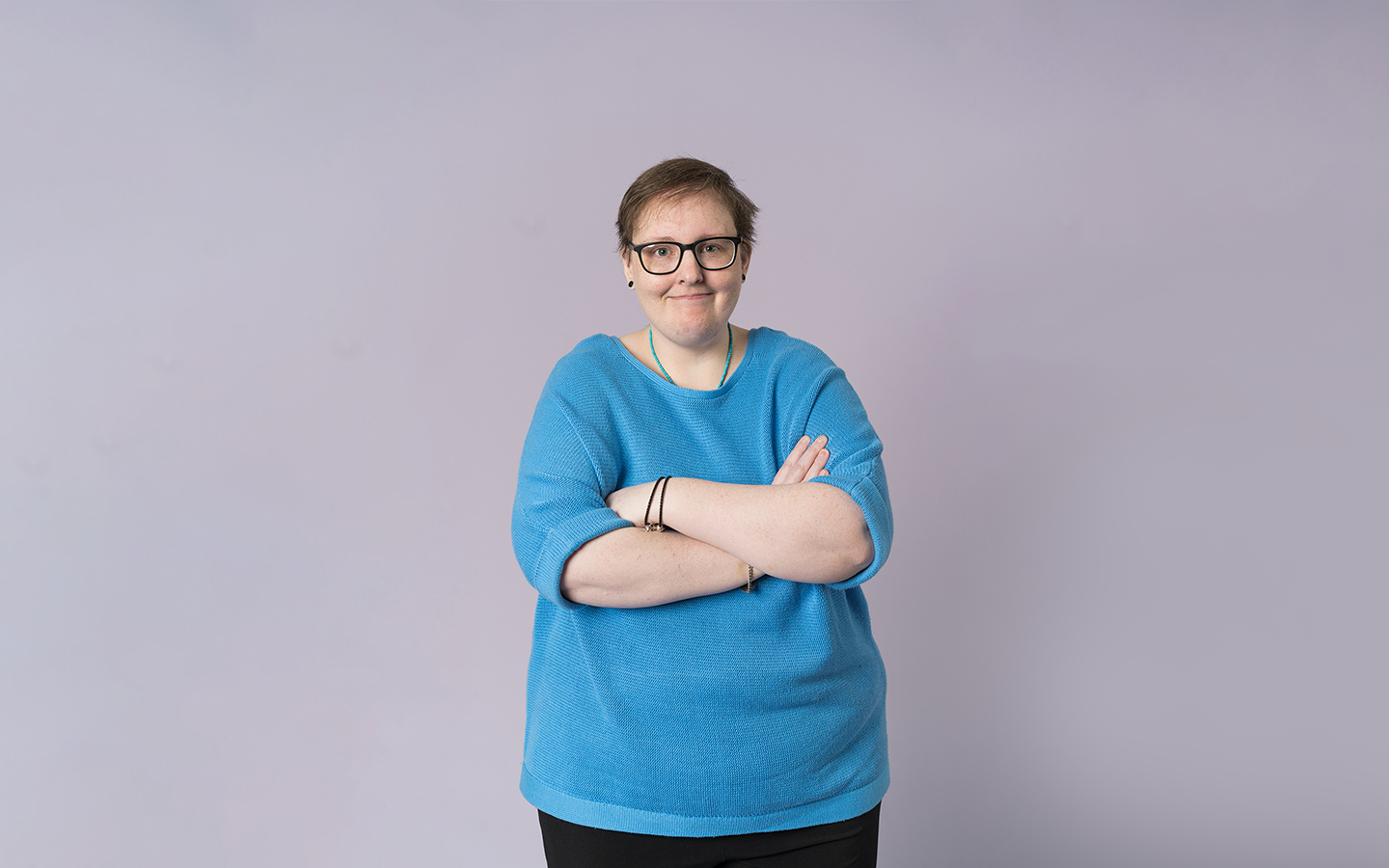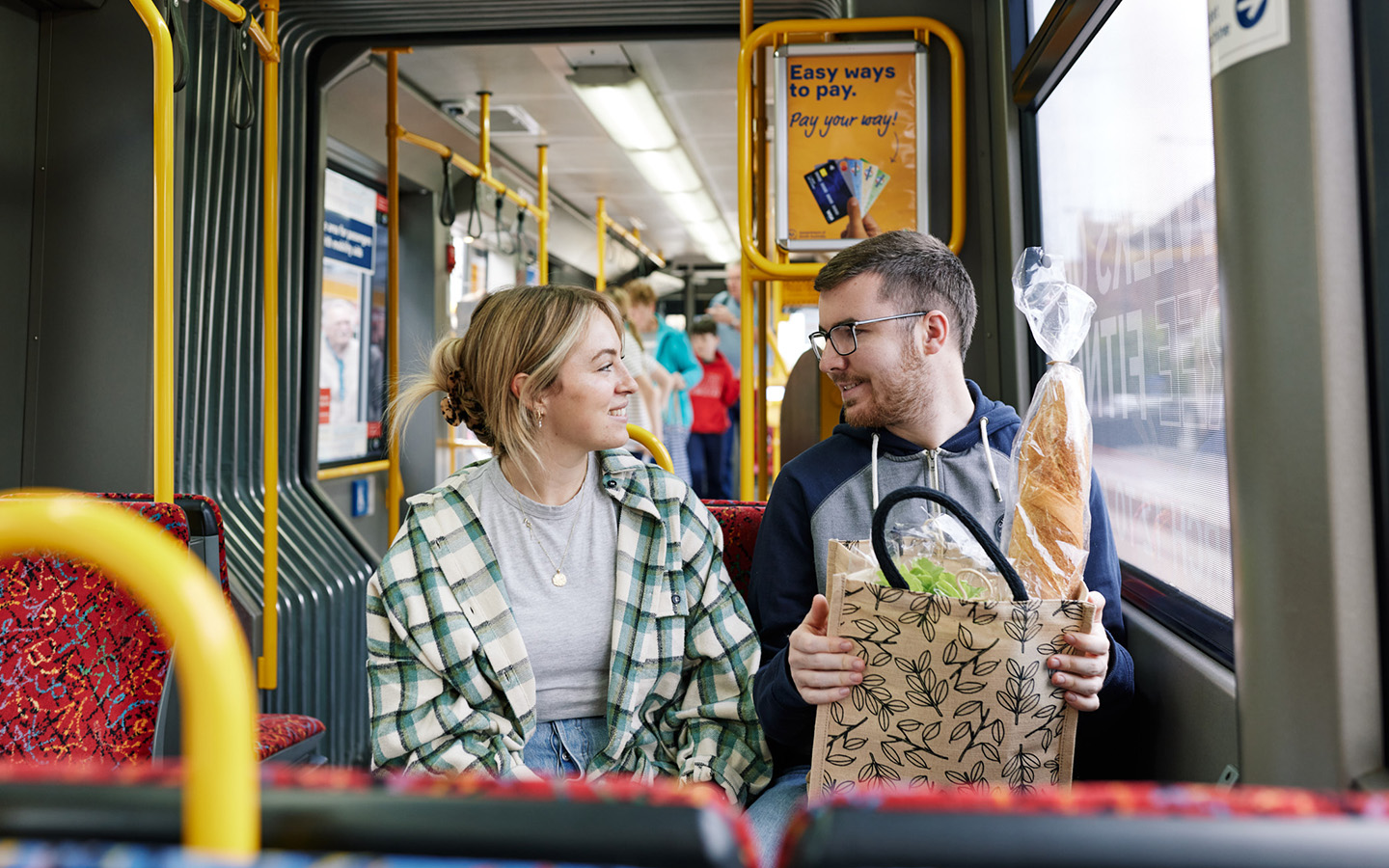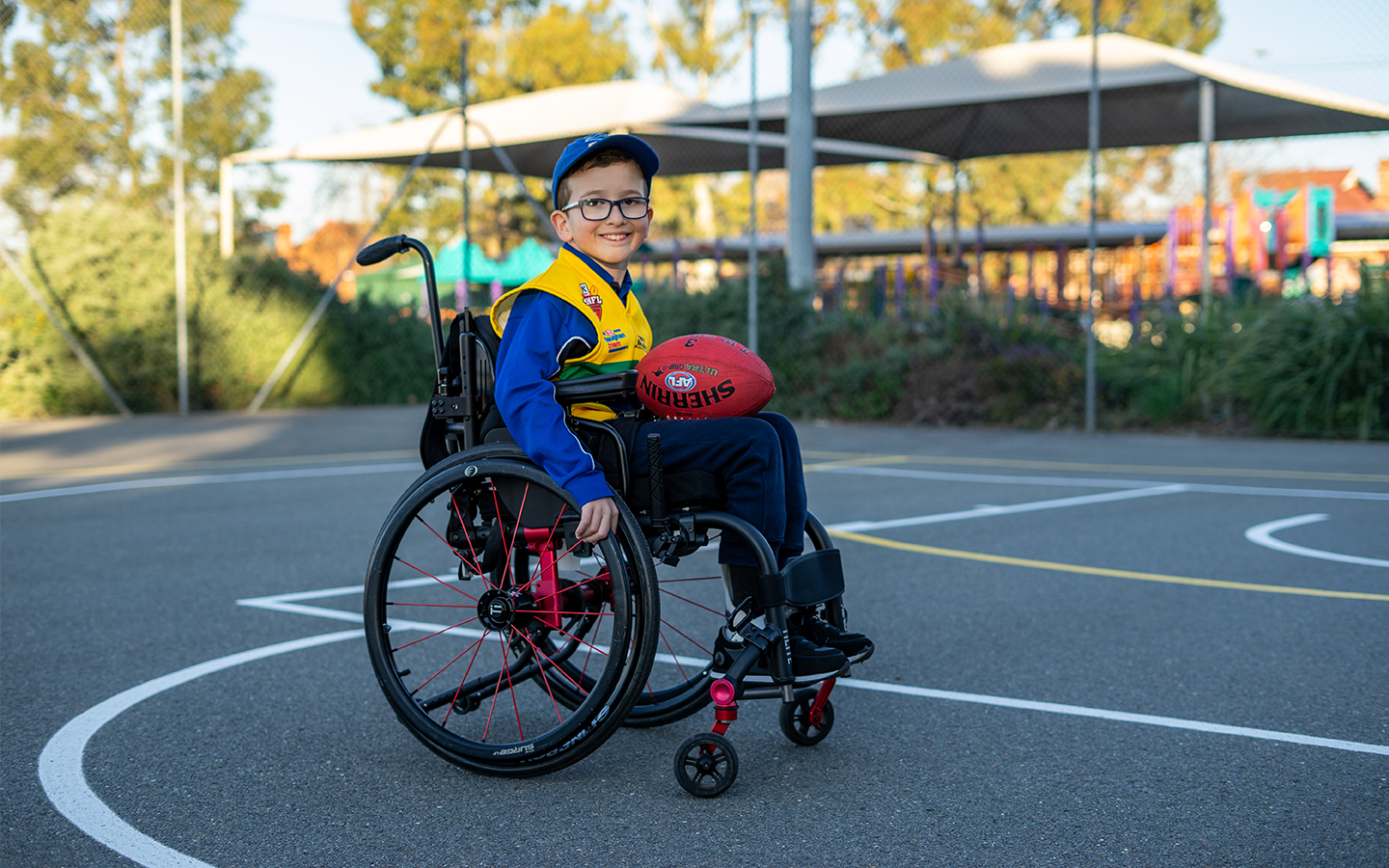Helpful Information
Organised physical activity beneficial for kids living with disability
access_time4min read

An important national research project has found that making organised physical activity enjoyable for kids living with disability can help to promote participation, which could contribute to health and welfare benefits for children.
Supported by Novita, Deakin University’s project “A Survey of Barriers and Facilitators to Participation in Organised Physical Activity for Children with a Disability within the Australian Community” looked at which factors influence whether kids living with disability and their families do or don’t get involved in organised physical activities.
Chloe Emonson from Deakin University’s School of Psychology says there is a wide range of benefits for kids living with disability when they engage in organised physical activity.
“Organised physical activity is generally organised by a club, association or other organisation and usually comprises training sessions, classes, competitions, or matches supervised or coached by an adult – as opposed to more unstructured or self-organised physical activity,” says Chloe.
“There are some important benefits for kids living with disability who participate in organised physical activity including engagement in physical exercise, improved emotional and mental health and wellbeing, and experiencing social connection and inclusion in the community.
“We surveyed more than 200 parents of young people aged between 4 and 17 living with a diverse range of disabilities for this study – to find out whether the facilitators and barriers to organised physical activity differ between kids who do participate in organised physical activities, and kids who don’t.
“A child’s lack of enjoyment predicted non-participation in organised physical activity. We found that a lack of motivation made it 20 times more likely that a child would not participate in organised physical activity, while children who appeared to be unhappy during an activity were 12 times more likely to not participate in organised physical activity.
“We also found that a child’s love of sport, regular participation in physical activity, parents or siblings being involved in organised physical activity, and household income all have an impact on whether kids living with disability get involved in organised physical activity, or not.”
Chloe says the research team hopes their findings will help to promote children’s participation in organised physical activity and in turn promote the benefits of organised physical activity for young people living with disability.
“We hope this research can guide the design of interventions to promote participation in organised physical activity, including finding ways to increase motivation during physical activity, make activities more enjoyable for kids, encourage parents and siblings to get involved, and provide financial support to make organised physical activity more affordable for low income families,” she says.
Novita assisted the Deakin University team by helping to recruit participants for the research project.
Papadopoulos, N. V., Whelan, M., Skouteris, H., Williams, K., McGinley, J., Shih, S. T., … & Rinehart, N. J. (2020). An Examination of Parent-Reported Facilitators and Barriers to Organized Physical Activity Engagement for Youth With Neurodevelopmental Disorders, Physical, and Medical Conditions. Frontiers in Psychology, 11, 2358.


